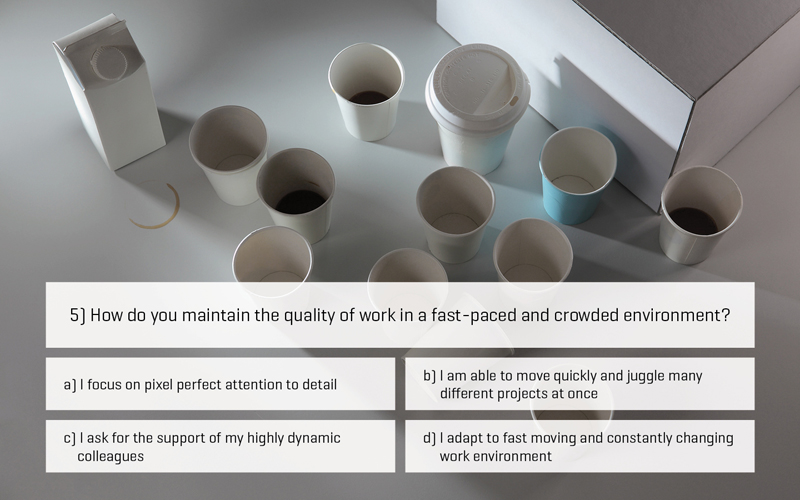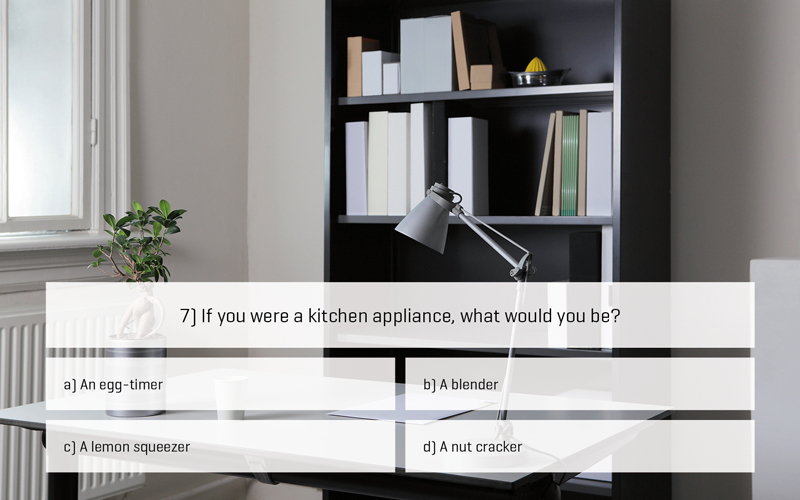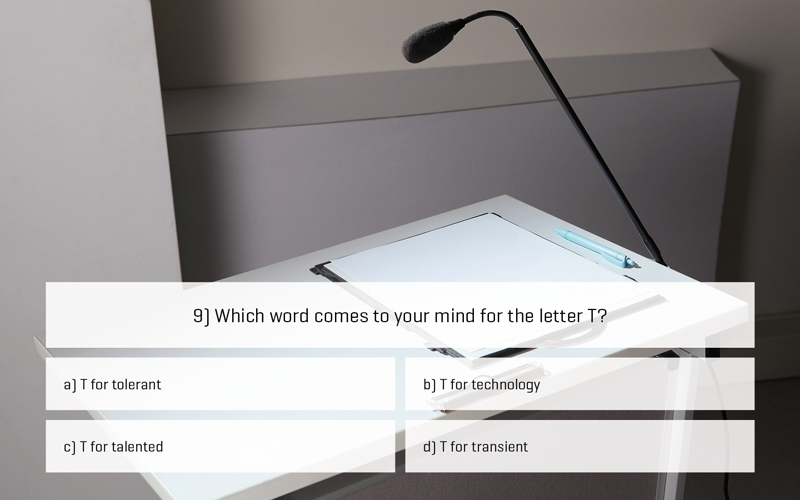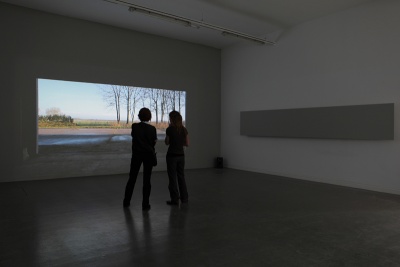User:Nicole Hametner/Trimester3: Difference between revisions
(→Media) |
(→Media) |
||
| Line 70: | Line 70: | ||
>>> [[Media:AstridVanNimwegen.pdf|<font color="black">Astrid van Nimwegen</font>]]<br> | >>> [[Media:AstridVanNimwegen.pdf|<font color="black">Astrid van Nimwegen</font>]]<br> | ||
<br> | <br> | ||
[[File:DokAstrid.jpg]]<br> | [[File:DokAstrid.jpg | 400px]]<br> | ||
=Reading, Writing and Research Methodologies= | =Reading, Writing and Research Methodologies= | ||
Revision as of 17:41, 30 June 2013
Nicole Hametner, Trimester 3, 2013
Thematic Project - Creative Industries
CQ7 Creative Ability Test (Michaela Lakova & Nicole Hametner)
Artist statement:
In the field of entertainment the production is often outsourced to cheap labour, whereas the creative
part of the designer is honored. While reflecting on mechanism of the creative industry, two sides emerged
with a strong ambiguity. This is why we want to question the definition of the creative part on the one
hand and the role of the worker on the other hand.
An interactive video installation provides a survey where the spectator can run through 10 questions
with 4 proposed answers. As foundation serve different examples of job interviews for companies in the
creative industry. The result expresses in percentage to what extend the respondent fits into the profile
of either the creative or the worker. He then receives his test result as a badge to present afterwards in
the exhibition space, with the aim to initiate a discussion about his achieved level and to reflect about the
meaning of the two categories, where they distinguish from each other and where they might at the end
not differ at all.
This work was made in the context of the thematic project Creative Industries.
For the connecting link between the individual works in the final collective show, the group decided to
create a start up event, where each of the participants presents its project as a business proposal.
For this reason we had to adapt our initial artist statement into a creative business idea and transformed it
into a new company statement:
Discover your potential and be part of the creative workforce of tomorrow!
CQ7 Creative Ability Test allows job hunters to check their potential to work in the creative industry.
We use big data and predictive analytics to improve workforce quality, productivity and profitability, by
connecting qualified employees with employers.
We are an independent research group of data analysts using profiling technology. With the CQ7
Creative Ability Test we offer a survey that allows individual job hunters to check their potential to work in
the creative industry. The respondent cannot fail or pass the test, the result rather represents his potential
expressed in a numerical form of his achieved level. It is then the company that decides to what degree
creativity is demanded for their working procedures. In addition to this individual outcome, the collected
data are used for statistic evaluation, which serves as guideline for companies working in the field.
We use big data and predictive analytics to improve workforce quality, productivity and profitability, by
connecting qualified employees with employers.
During the event we offer a free trial version in form of an interactive installation to allow the audience
to be part of the procedure. The respondent receives his test result as a badge to present afterwards in
the exhibition space, with the aim to initiate a discussion about his achieved level. Our staff members are
present during the day and provide assistance for the participants as well as for any further questions
from the public.
The creative business ideas were introduced the evening before the start up camp during a Pecha Kucha
event. The format of this presentation was simple: the participants had two and a half minutes with 10 slides 15 seconds each to present their product. www.startupcampl.nl
Media
>>> [[Media: |CQ7 Creative Ability Test]]



Archiving - Astrid van Nimwegen
In both series the significant pictorial landscape refers to Dutch paintings. Furthermore the vastness of the
nature, the role of the horizon in Birdspotting Hides and the thematic of the look out of a window into the far
distance evoke the idea of longing in the sense of the romanticism. The beauty of the scene captures the viewer
and invites him to contemplate. However, what can be found in both works is the illusion of being part of the
scene and meantime only a distant observer, they oscillate between exterior view and internal perspective,
between real world and imagination.
Astrid van Nimwegen presents Garage Doors and Birdspotting Hides in a dialogue. While Garage Doors is
projected in original size on the one side in the exhibition space, the opposite wall remains dark. Only if the
garage door closes its shutter, the projection of the bird spotting houses starts on one wide screen. The
combination of the two works convinces with its strong coherence in form and content and the thereby amplified
individual experience of the passing of time.

